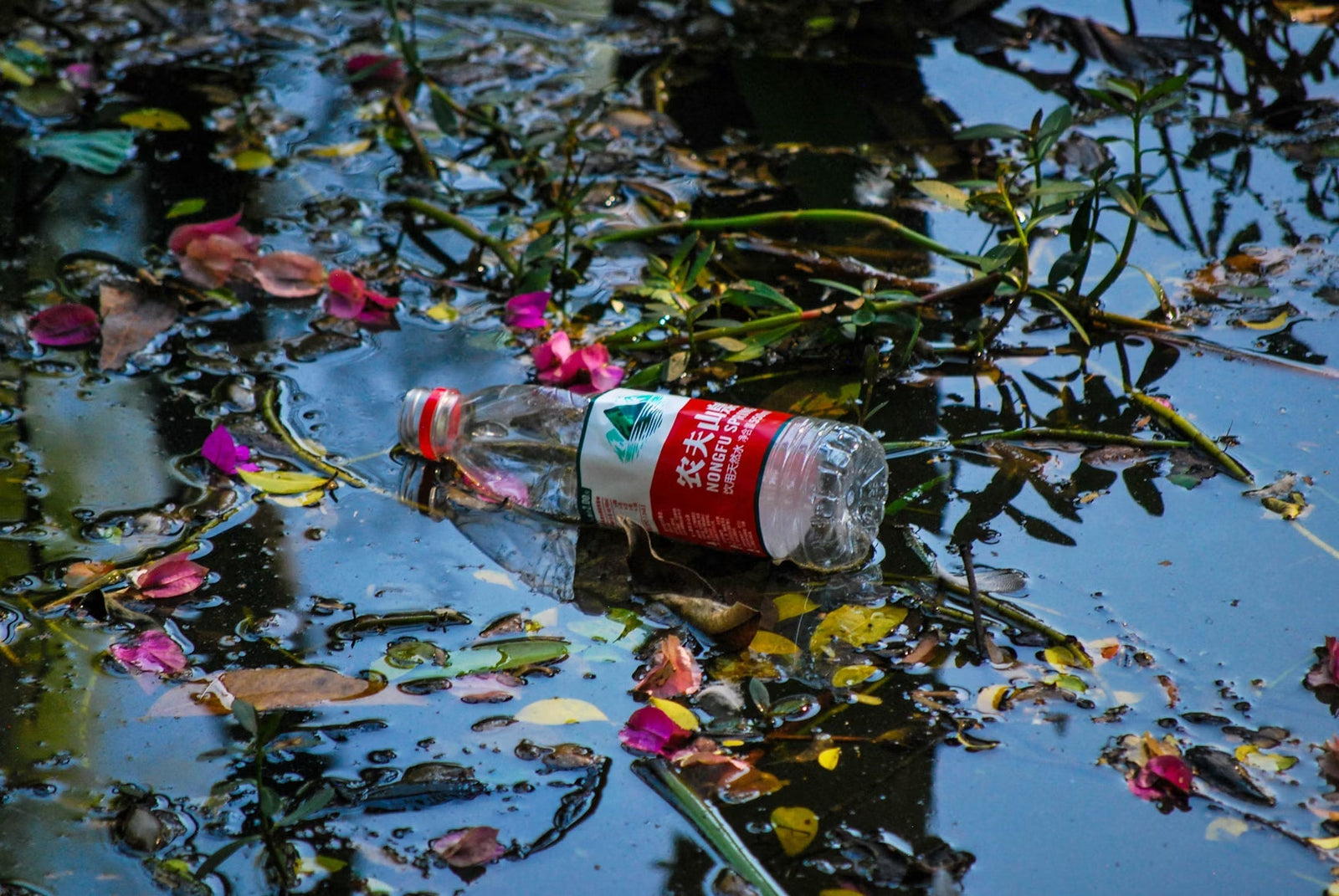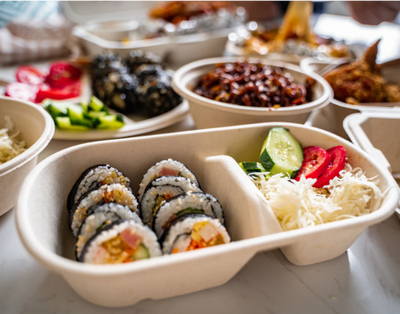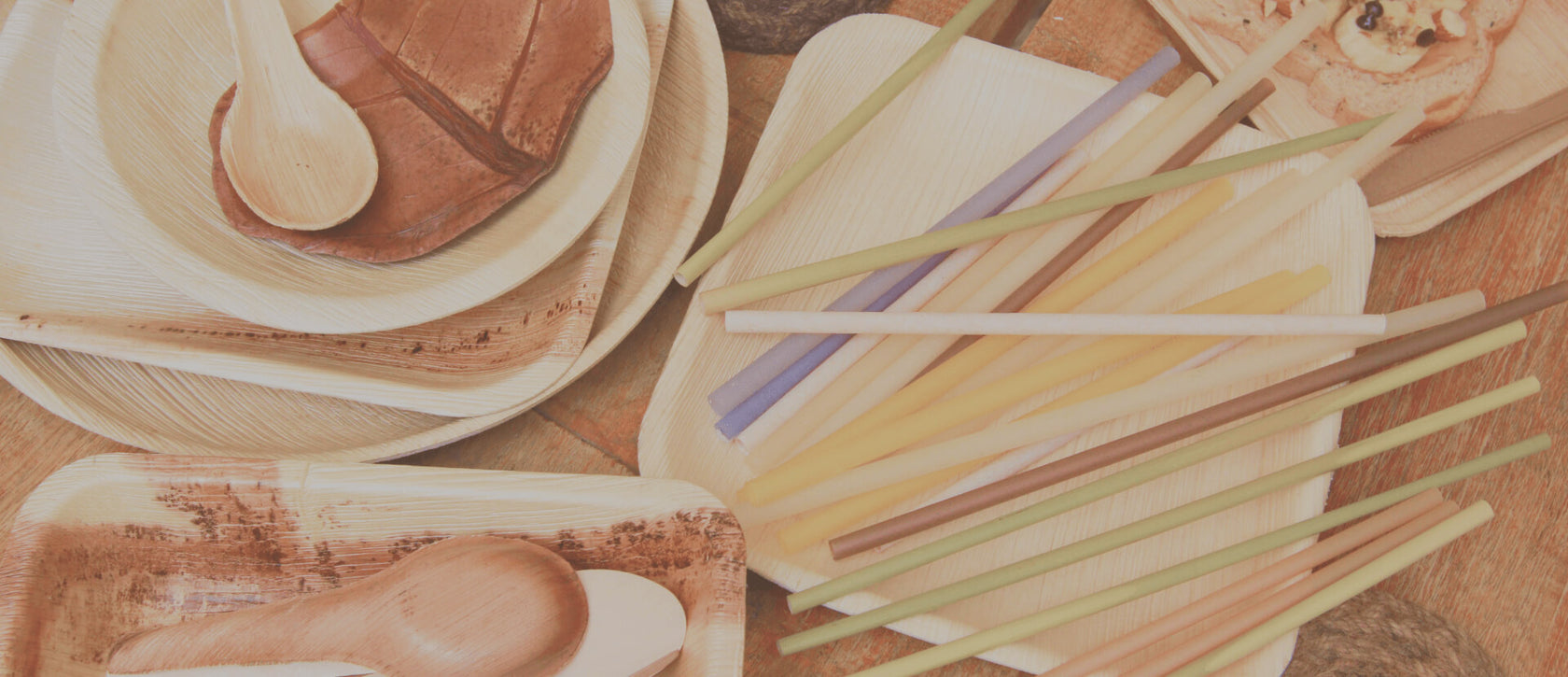Plastic forks, spoons, and knives may be convenient, but in 2025 their environmental cost is simply too high to ignore. With growing awareness of plastic pollution and stricter regulations worldwide, consumers and businesses are turning toward biodegradable utensils as a sustainable replacement. Below, we explore five compelling reasons you should make the switch from disposable plastic utensils to eco-friendly, biodegradable options this year.
1. Environmental Impact: Plastic Lasts for Centuries, Biodegradables Don’t
Single-use plastic utensils might be used for a few minutes, but they can pollute the planet for hundreds of years. Traditional plastics do not biodegrade; instead, they slowly break into smaller fragments (microplastics) that persist in soil and water[1]. These microplastics have been found everywhere from the deepest oceans to the food we eat, posing threats to wildlife and ecosystems. In contrast, biodegradable utensils made from materials like sugarcane bagasse or wood decompose much faster – often within a year of disposal[2]. By switching to compostable forks, knives, and spoons, you ensure that last night’s takeaway doesn’t leave behind a legacy of pollution for future generations.
Moreover, manufacturing plastic utensils relies on petroleum, contributing to carbon emissions and climate change. Biodegradable alternatives are typically plant-based and have a lower carbon footprint. They break down into natural components without leaving toxic residues. In short, choosing biodegradable utensils significantly reduces long-term waste and helps keep our oceans and landfills cleaner.
2. Health Considerations: Safer Materials with No Toxic Additives
It’s not just the planet that suffers from plastic utensils – our health can be at risk too. Many plastic utensils contain additives like Bisphenol A (BPA) and phthalates, chemicals used to harden or soften plastics. These substances can leach into food and drinks, especially when exposed to heat, and have been linked to hormonal disruptions and other health issues[1]. In addition, as plastics fragment into microplastics, they can enter the human body through contaminated water or seafood. Studies have detected microplastics in the human bloodstream and even in placentas, raising alarms about potential impacts on human health.
Biodegradable utensils offer a safer dining experience. Products made from natural fibers (e.g. bamboo, wood, or sugarcane fiber) contain no toxic chemicals or coatings that could contaminate your meal. For example, EQUO’s compostable utensils are made from sugarcane and contain absolutely no plastic or harmful dyes[3][4]. By using plant-based cutlery, you avoid ingesting the trace chemicals often present in plastics. Simply put, you can enjoy your food with greater peace of mind.
3. New Regulations and Bans: Staying Ahead of 2025 Laws
Another major reason to switch now is the wave of government regulations coming into effect. Around the world, policymakers have recognized the harm of single-use plastics and are enacting bans or restrictions. In North America and Europe, 2025 marks a tipping point. As of 2025, 19 U.S. states and territories have implemented jurisdiction-wide bans on single-use plastics (such as plastic bags, straws, or cutlery), and others have local bans in cities[5]. For instance, California prohibits restaurants from handing out plastic utensils unless customers request them[6]. Canada has also moved to ban plastic cutlery, straws, and bags nationwide by the end of 2023[7]. In the EU, a ban on disposable plastic utensils has been in place since 2021, and new laws are further cracking down on single-use packaging[8].
By switching to biodegradable utensils now, you’re not only complying with current regulations but “future-proofing” your operations and lifestyle against even stricter rules ahead. Businesses that adopt compostable cutlery can avoid fines or supply chain disruptions, and they can proudly advertise compliance with environmental laws. Households that opt for eco-friendly products are similarly contributing to the success of these bans. Getting ahead of legal requirements demonstrates social responsibility and keeps you on the right side of emerging 2025 sustainability standards.
4. Quality and Convenience: Modern Eco-Utensils Perform Great
One hesitation people had in the past about biodegradable utensils was whether they worked as well as plastic. Fortunately, today’s compostable utensils are durable and convenient, often matching or exceeding the performance of their plastic counterparts. Advances in material science and design mean that plant-based forks and knives can handle hot, cold, and oily foods without bending or dissolving. For example, utensils made from sugarcane fiber are heat-resistant and sturdy – they won’t get soggy or break during normal use[9][4]. Many eco-friendly forks and knives can even be reused multiple times in the same day due to their strength[10].
On the convenience side, disposal is guilt-free. After a party or picnic, you can throw biodegradable cutlery into a compost bin or even bury it in the soil, and it will naturally decompose. Unlike plastic, which might linger for 500 years, a compostable spoon can turn into soil nutrients within months in proper conditions. This makes cleanup both easy and eco-conscious – no more overflowing trash cans full of plastic. Brands like EQUO have innovated a range of compostable utensils (from sugarcane spoons to wooden knives) that not only look stylish but also feel comfortable to use. By switching, you don’t sacrifice any convenience; you actually gain the ease of sustainable disposal.
5. Supporting Sustainability and Brand Values
In 2025, using biodegradable utensils isn’t just a personal choice – it’s part of a broader movement toward sustainability. Whether you’re an individual or a business, making this switch sends a message. Consumers are increasingly eco-conscious and prefer companies that align with green values. If you run a café or catering service, offering compostable cutlery shows customers you care about the planet, potentially attracting more business from a growing segment of green-minded consumers. It strengthens your brand image and differentiates you from competitors still using wasteful plastics.
Moreover, choosing biodegradable products supports the eco-friendly industry and innovation. Companies like EQUO have a mission to “rid the world of single-use plastic” by providing 100% plastic-free alternatives[11][12]. Every time you purchase their compostable utensils or straws, you’re voting with your wallet for a more sustainable future. Increased demand will help scale up production and eventually lower costs, making green products accessible to even more people. In short, your switch contributes to positive change beyond your own home or business – it’s part of a collective effort to normalize sustainability.
Conclusion: The case for biodegradable utensils in 2025 is clear. From reducing pollution and health risks to complying with new laws and showcasing your values, the benefits far outweigh the convenience of cheap plastic throwaways. Making the switch is easier than ever, with high-quality compostable options readily available – including EQUO’s line of plant-based forks, spoons, and knives designed to replace plastics seamlessly. By embracing biodegradable utensils, you take an easy but meaningful step toward greener living. In the process, you’ll be joining countless others in saying no to plastic waste and yes to a cleaner, healthier planet[13].


